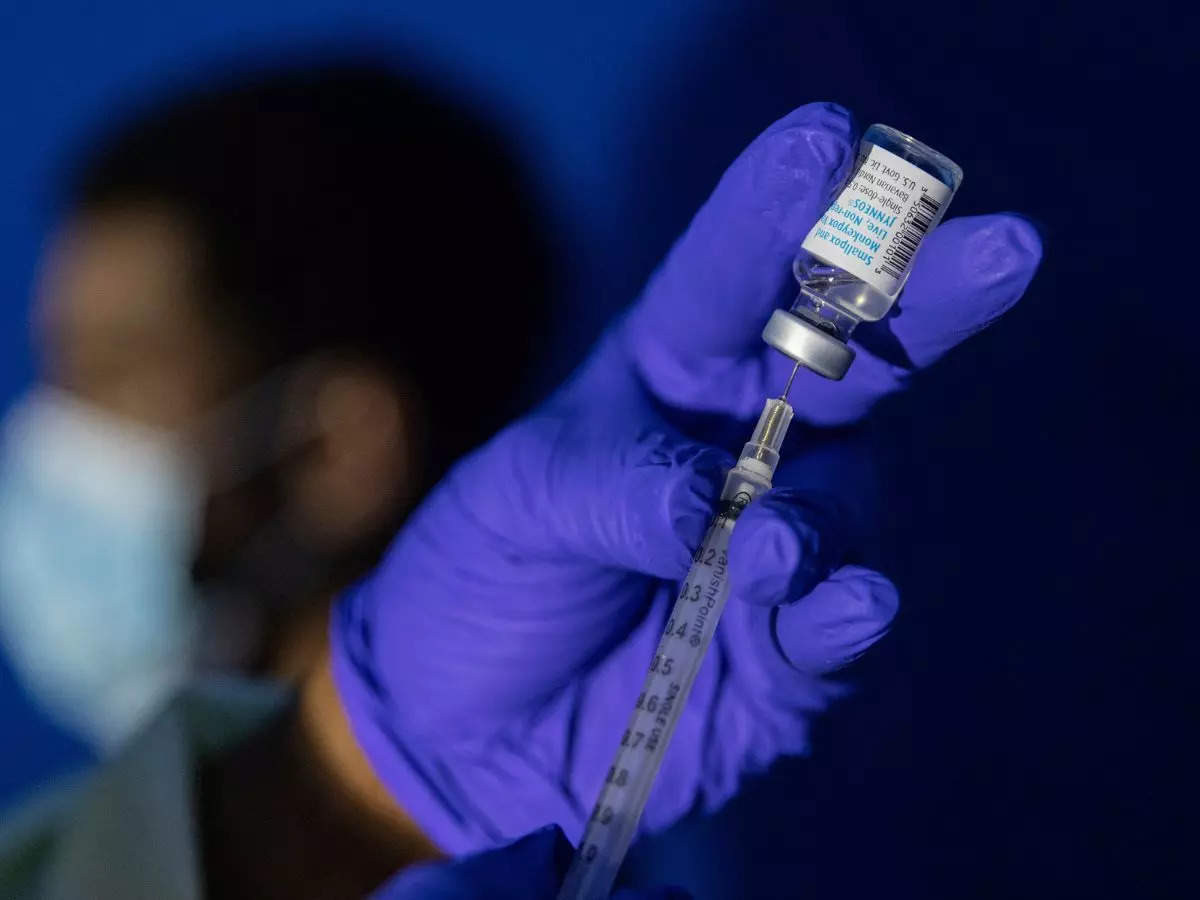Unprecedented Threat: Congo’s Battle Against a Mutating Monkeypox Outbreak
Congo is grappling with its most formidable monkeypox outbreak to date, and experts warn that a new strain of the virus discovered in a mining town could pose an even greater risk of human-to-human transmission.
Escalating Crisis: Since January, Congo has witnessed over 4,500 suspected cases of monkeypox and nearly 300 fatalities, marking a threefold increase compared to the same period last year, as reported by the World Health Organization (WHO). The severity of the situation prompted Congo to declare the outbreak a nationwide health emergency.
Genetic Evolution: An analysis conducted on patients hospitalized between October and January in Kamituga, eastern Congo, revealed recent genetic mutations in monkeypox. Remarkably, these mutations seem to be a consequence of sustained human-to-human transmission, occurring in an area where residents have minimal contact with the wildlife traditionally associated with the disease.
Expert Insight: Dr. Placide Mbala-Kingebeni, lead researcher of the study and head of a lab at Congo’s National Institute of Biomedical Research, described this development as a “new phase” in the evolution of monkeypox. He highlighted that the lesions observed in most patients are milder and predominantly located on the genitals, making diagnosis more challenging compared to previous outbreaks where lesions were typically found on the chest, hands, and feet. Additionally, the new strain appears to have a lower fatality rate.
Diagnostic Dilemma: WHO issued a report acknowledging the necessity for a revised testing strategy to detect the mutations associated with the new variant of monkeypox. However, with less than half of the afflicted individuals in Congo undergoing testing, Dr. Mbala-Kingebeni expressed concerns regarding the potential for undetected transmission.
Silent Spread: Dr. Mbala-Kingebeni emphasized that the majority of infections are believed to occur through sexual contact, with a significant portion of cases affecting sex workers. Notably, it wasn’t until the 2022 global emergency that scientists confirmed sexual transmission of monkeypox, primarily among gay or bisexual men. WHO officially confirmed sexual transmission in Congo in November.
Emergence of a New Threat: Researchers identified a novel form of the more severe clade 1 monkeypox, responsible for over 240 cases and at least three fatalities in Kamituga. Dr. Boghuma Titanji, an infectious diseases expert at Emory University, expressed alarm over the new mutations, indicating potential for substantial outbreaks as the virus adapts to efficient human transmission.
Call for Action: Despite successful containment efforts in Western epidemics aided by vaccines and treatments, Congo faces a scarcity of such resources. However, Congo’s health minister has authorized vaccine use in high-risk provinces, with plans underway to procure vaccines with the assistance of donor countries like Japan. Cris Kacita Osako, coordinator of Congo’s Monkeypox Response Committee, assured that vaccination will be prioritized once an ample supply becomes available.
Expert Perspective: Dr. Dimie Ogoina, an mpox expert at Niger Delta University, underscored the gravity of the situation, reminiscent of past outbreaks albeit with distinct characteristics, urging swift and decisive action to curb the spread of the mutating virus.















































